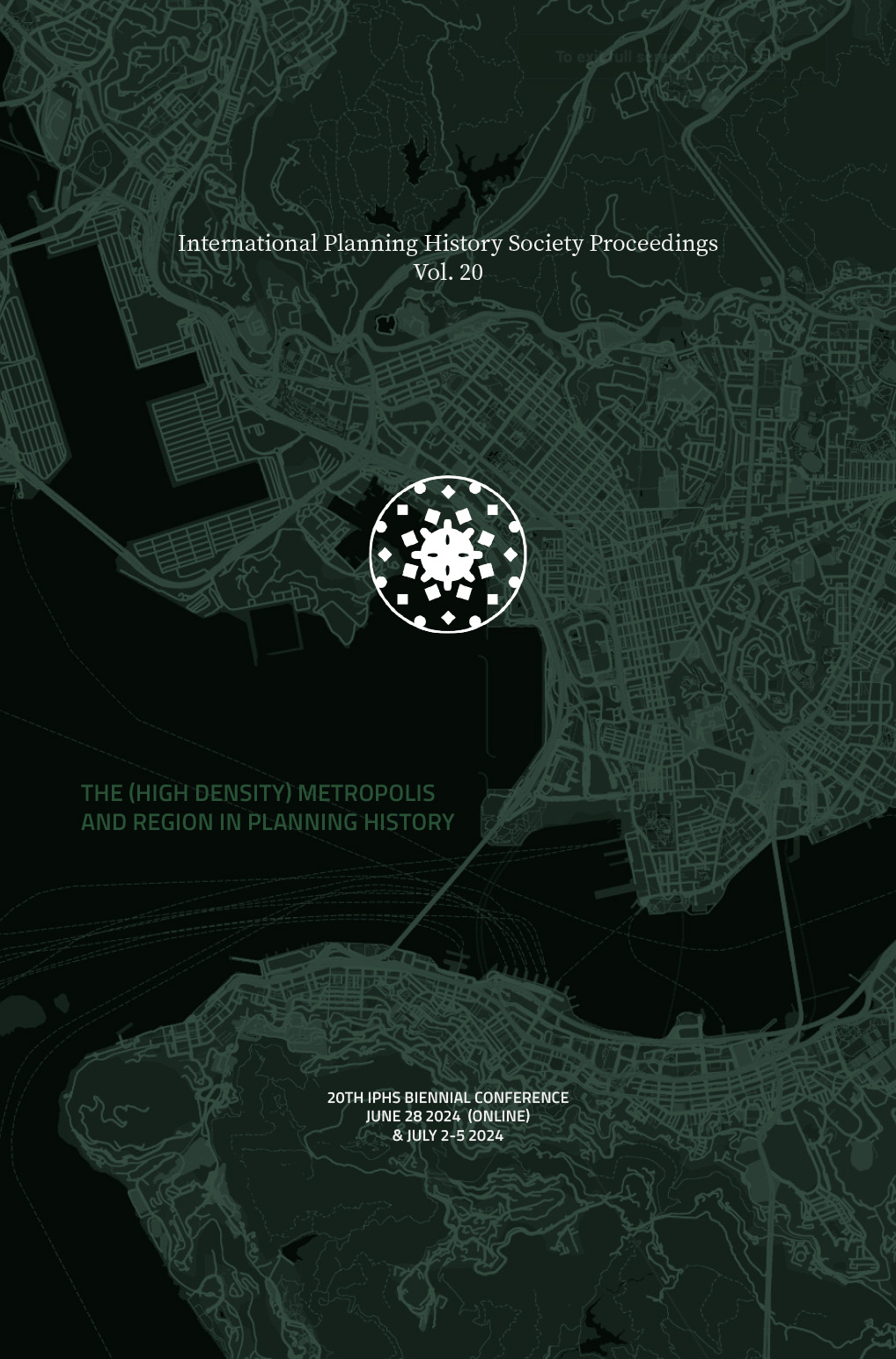Exploration of Marxist Humanism in 20th Century Global New Town Planning
A Case Study of Vällingby in Sweden
DOI:
https://doi.org/10.7480/iphs.2024.1.7642Abstract
Massive new town construction activities unfolded globally in the 20th century, demonstrating the desire to embody the idealistic and democratic spirit of a new world order. Amidst a world torn apart at the time, new town construction became a window of opportunity to explore, consolidate, and showcase ideologies. In the 1930s, influenced by Marxism, the Swedish Social Democratic Party emerged from the working class and came to power. Faced with insecurity caused by the Great Depression, the party proposed to bridge the gap between the opposing American free-market economy and the Soviet socialist system by attempting to combine socialist programs, democratic politics and capitalist enterprise, advocating for a relatively moderate middle path. As a result, rooted in Marxist humanism, the goal concept of People's Home emerged and was embodied in the country’s new town development backed by spatial planning and public policies, with Vällingby being the most representative. The paper examines the innovative ABC-Town theoretical model derived from new town planning practices under the People's Home initiative. Using the planning of Vällingby as an example, the study summarizes five key aspects of the planning model, and proposes thoughts and insights for current new town planning.
Downloads
Published
How to Cite
Issue
Section
License
Copyright (c) 2024 Jingyuan Wang, Songtao Wu

This work is licensed under a Creative Commons Attribution 4.0 International License.

